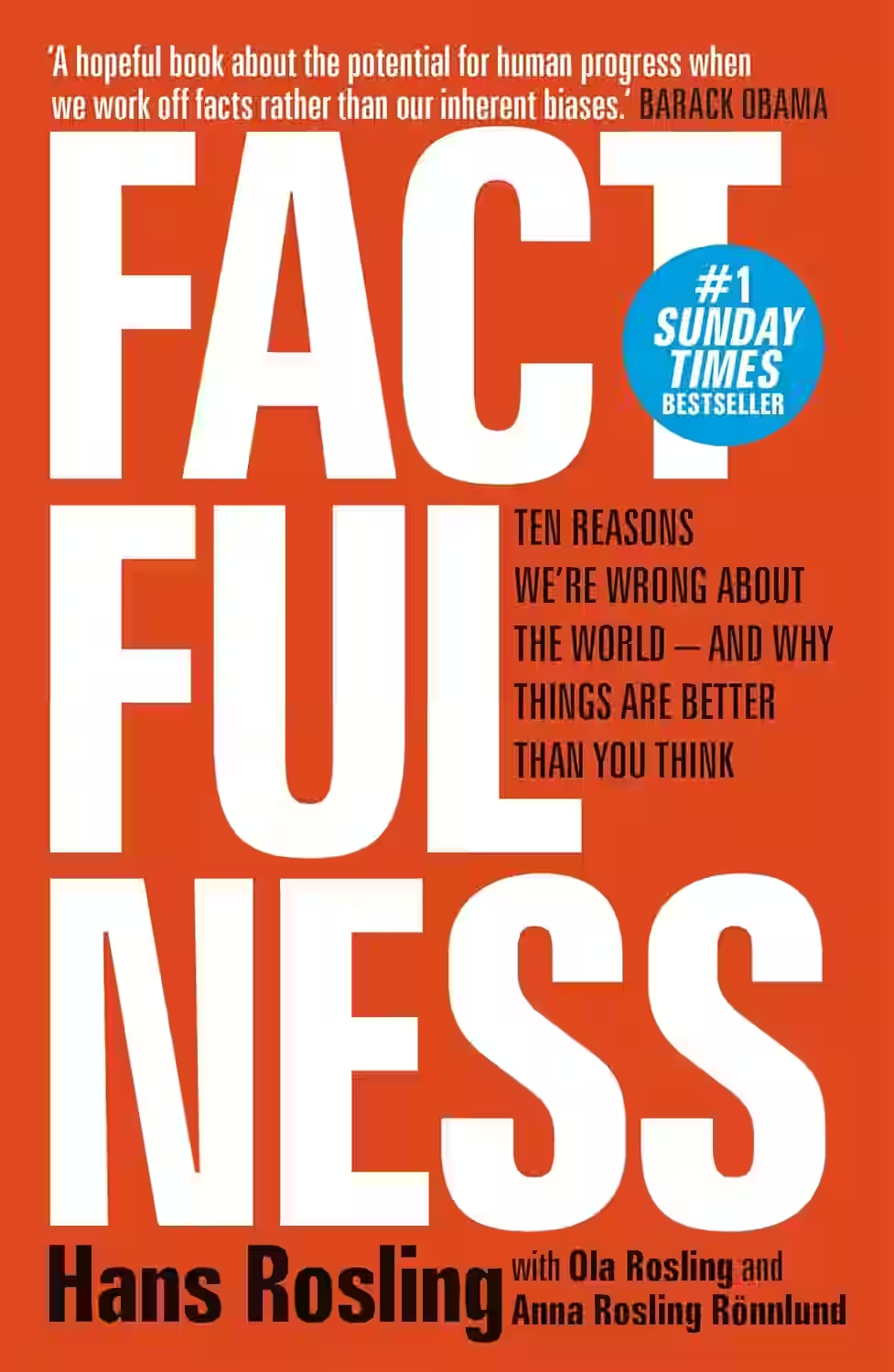
Factfulness by Hans Rosling, with Anna and Ola Rosling, challenges the way we perceive the world. Most people, including experts, consistently answer basic questions about global trends incorrectly—often worse than chance. Rosling explains why this happens through ten powerful instincts that distort our understanding. With engaging stories and clear data, he shows that while the world isn't perfect, it’s far better than we think. By focusing on facts instead of fear, we gain clarity and calm. Factfulness is an eye-opening, hopeful, and essential read that encourages us to base opinions on evidence—and to focus on real global priorities.
About Hans Rosling
A Swedish physician, academic, and public speaker, renowned for his innovative use of statistics and data visualization to explain global development trends. Through his Gapminder Foundation, he famously challenged common misconceptions about global health and poverty, illustrating progress with animated bubble charts. Rosling's engaging presentations and passionate advocacy for a fact-based worldview made complex data accessible and inspiring, demonstrating humanity's remarkable progress and encouraging optimism grounded in evidence.
About Ola Rosling
A Swedish statistician, programmer, and CEO of Gapminder Foundation. As the son of Hans Rosling, he co-founded Gapminder and played a crucial role in developing the innovative data visualization tools, particularly the "bubble chart" software, that brought his father's lectures to life. Ola continues the work of challenging misconceptions and promoting a fact-based worldview through data, emphasizing the importance of understanding global trends and societal progress through clear, accessible statistical analysis.
About Anna Rosling Ronnlund
A Swedish designer, co-founder of Gapminder Foundation, and daughter-in-law of Hans Rosling. She is instrumental in making global data understandable and engaging through her intuitive visual designs. Anna led the development of Gapminder's "Dollar Street" project, which uses photographs to illustrate living standards across the world, making statistics tangible and relatable. Her work focuses on humanizing data and providing clear, accessible visual narratives that help people grasp complex global realities.
Similar Books
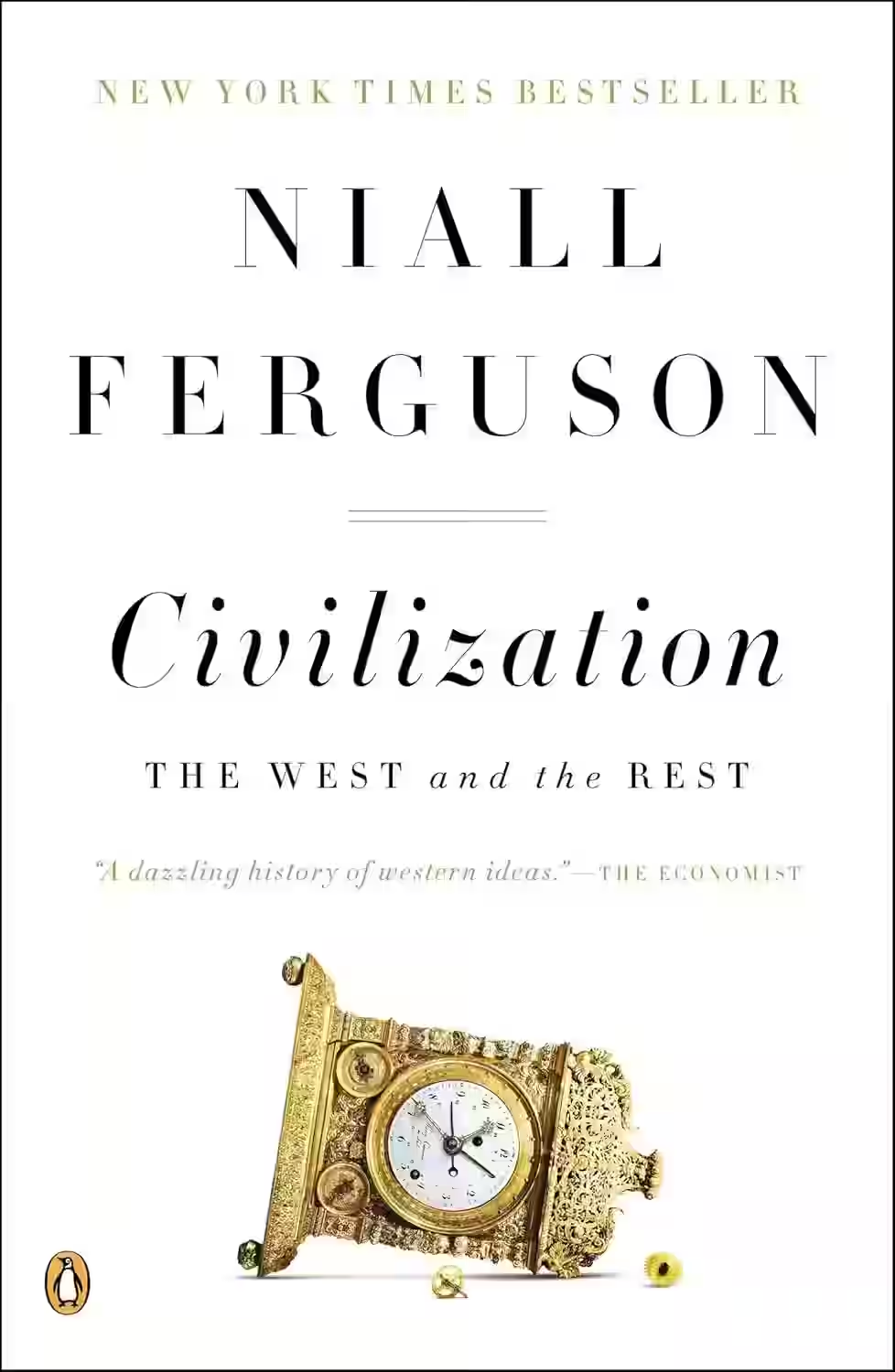
Civilization: The West and the Rest
In 'Civilization: The West and the Rest,' Niall Ferguson delves into the history of Western civilization, exploring the factors that propelled the West to its position of global dominance. Ferguson discusses the key institutions, technologies, and cultural values that set the West apart from other societies. Through a meticulous analysis, he argues that these unique factors enabled the West to surge ahead economically and politically. By comparing Western achievements to those of other civilizations, Ferguson prompts readers to ponder the future trajectory of global power. This thought-provoking book offers a fresh perspective on the roots of Western supremacy and challenges readers to contemplate the fate of civilization.
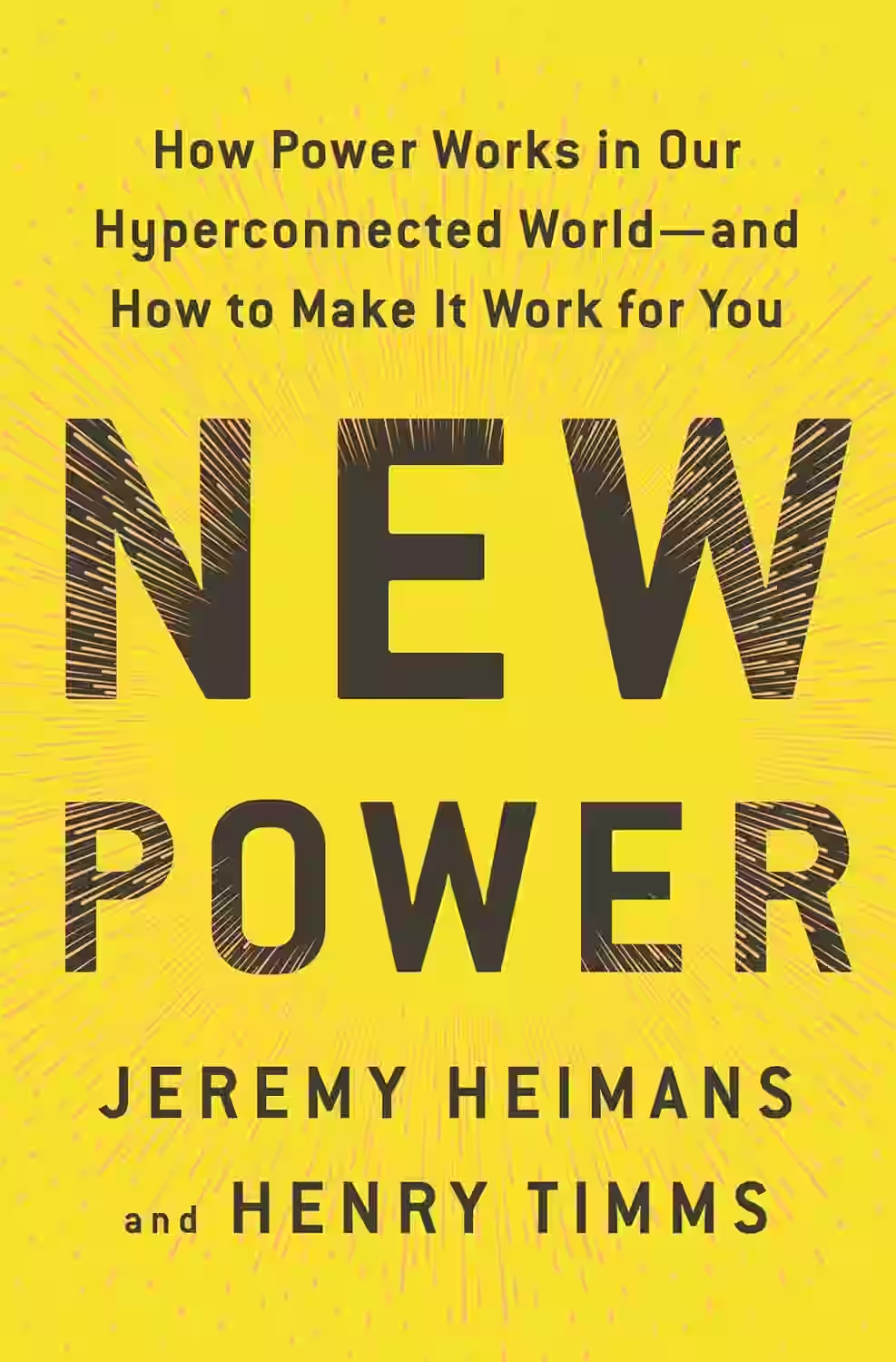
New Power: How Power Works in Our Hyperconnected World
by Jeremy Heimans, Henry Timms
New Power explores how influence, leadership, and engagement have evolved in the digital age. The authors contrast "old power"—top-down, closed, and leader-driven—with "new power"—open, participatory, and crowd-sourced. Through case studies like #MeToo, Airbnb, and TED, they show how modern movements and brands leverage community and transparency. The book offers tools for leaders, activists, and entrepreneurs to harness this shift effectively. Branson and other innovators have praised New Power for its relevance in today’s hyperconnected world, where collaboration and authenticity often matter more than hierarchy or control.
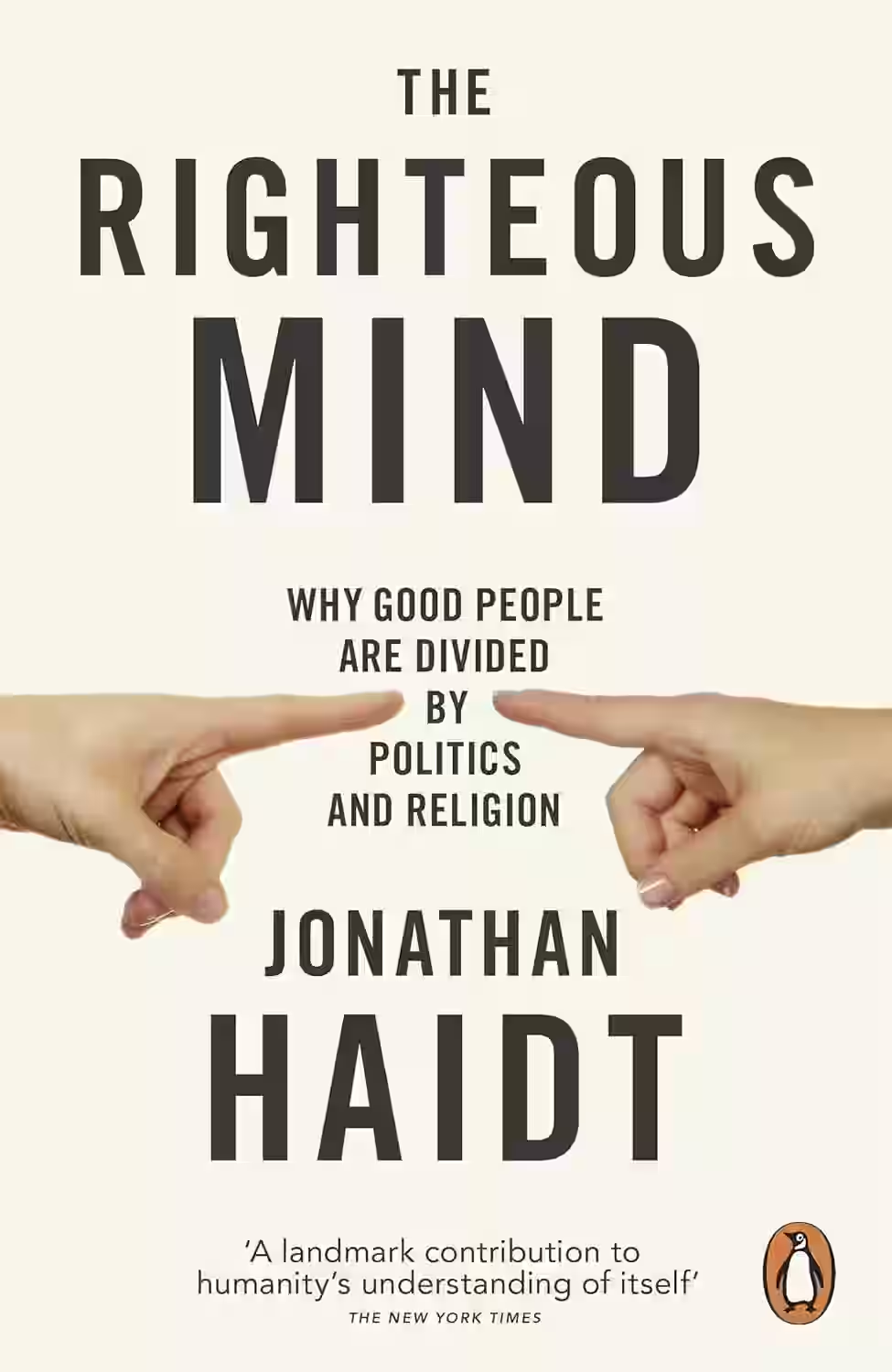
The Righteous Mind
In 'The Righteous Mind,' Jonathan Haidt delves into the psychological roots of morality, arguing that our moral judgments are primarily based on intuition rather than reasoning. Haidt explores how our political and social beliefs are influenced by our moral foundations, challenging readers to consider differing perspectives with empathy and understanding. Through engaging anecdotes and thought-provoking research, he presents a compelling case for the importance of moral diversity in society. This book offers profound insights into the complexities of human morality and provides a roadmap for bridging ideological divides. 'The Righteous Mind' is a must-read for anyone seeking to grasp the fundamental forces shaping our beliefs and behavior.
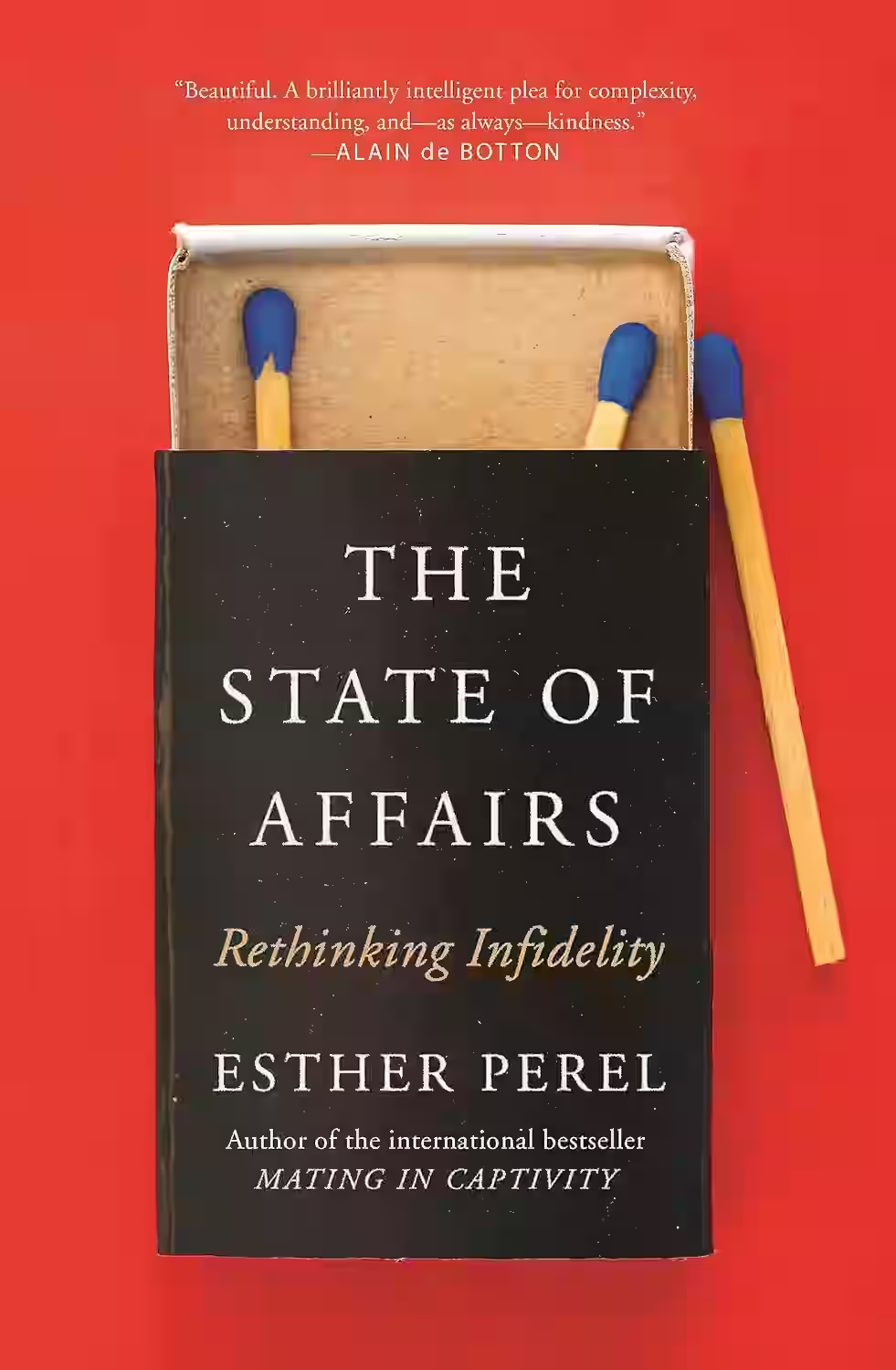
The State of Affairs: Rethinking Infidelity
by Esther Perel
In 'The State of Affairs: Rethinking Infidelity,' renowned psychotherapist Esther Perel delves into the complex and often taboo subject of infidelity, challenging conventional notions and exploring the myriad reasons behind why people cheat. Through insightful anecdotes and compelling research, Perel explores the impact of affairs on relationships, individuals, and society as a whole, offering a fresh perspective that encourages empathy and understanding rather than simplistic judgment. Delving into themes of desire, deception, trust, and personal growth, this book presents a nuanced and compassionate exploration of a universal but often misunderstood aspect of human relationships.